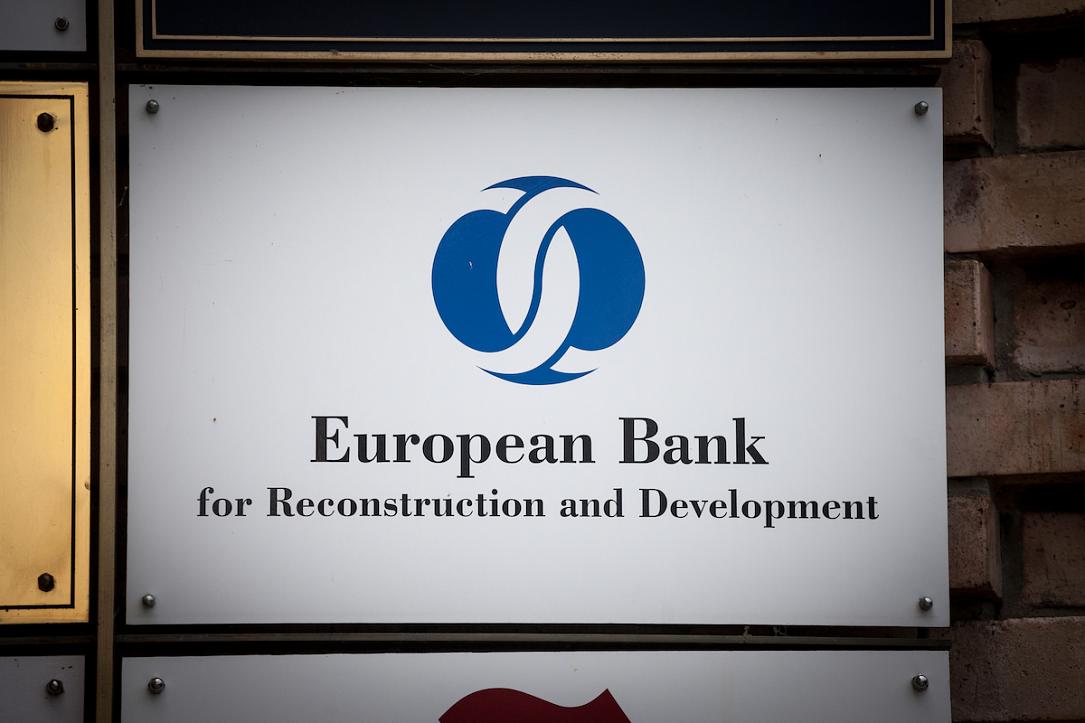EBRD says no problem with Romanian subsidiary of Bulgarian insurer Euroins



In a statement on the "Romanian insurance crisis," the European Bank for Reconstruction and Development (EBRD) -- part of the crisis as a minority shareholder of the Bulgarian insurance firm EIG that lost its operating license in Romania -- says that it "is keen to help secure a solution at no additional costs to policy holders or tax-payers."
The EBRD says that the independent actuarial analysis carried out by a leading global actuarial expert at Euroins Romania failed to confirm the EUR 400 mln capital shortfall found by the Permanent Capital Report (PCR) published by the Financial Supervisory Authority (ASF) on February 2.
The EBRD also says that, along with Euroins Insurance Group in Bulgaria (EIG), the owner of the Romanian subsidiary seen by ASF as insolvent, "has made a resolution proposal to ASF."
"Constructive discussions about the resolution proposal are ongoing between the EBRD, EIG and ASF," the statement reads.
The EBRD doesn't provide details about the resolution proposal, but EIG has recently proposed Romania's regulator ASF return the money transferred in Bulgaria from its Romanian subsidiary (under a controversial reinsurance contract signed with EIG's reinsurance subsidiary EIG Re) in exchange for the operating license.
It is only a logical assumption that the EBRD has backed the request made public by EIG, although this is not explicitly affirmed in the bank's statement. This is perhaps because of the radical note added by EIG to the proposal already extended in a public statement accusing ASF officials [and not the institution as a whole] of a "hostile takeover."
It is also unclear whether the EBRD backs the reinsurance contract signed between Euroins Romania and EIG Re -- which are two entities in the same group, with the same shareholders (including the bank itself).
Eurohold, the owner of EIG, said on March 21 that it requested the return of the licence to its Romanian subsidiary, the leading insurer on the local market, claiming that this would prevent damages to the Romanian economy worth EUR 1 billion.
"ASF has two options – to confirm its March 17 decision that would bring direct harm and losses to tax-payers in Romania worth nearly EUR 1 billion, or to request from the court to end this decision and return the licence of Euroins Romania," Assen Christov, the group's president, said in the press release.
Romania's ASF found elements of insolvency at the country's leading insurance firm Euroins, and on March 17, it decided to withdraw the insurer's license and filed a bankruptcy request.
The report drafted by the ASF on the activity of Euroins indicates mismanagement and possibly fraud, even if the ASF doesn't use this word specifically. The market supervisory body says, however, that revenues were overestimated and expenses underestimated; the reserve was insufficient compared to the calculation of future expenses based on national and European regulations. In fact, Euroins failed to follow its own reserve calculation requirements, it said.
The ASF calculated the deficit of reserves at RON 605 mln (EUR 120 mln).
iulian@romania-insider.com
(Photo source: Jerome Cid/Dreamstime.com)